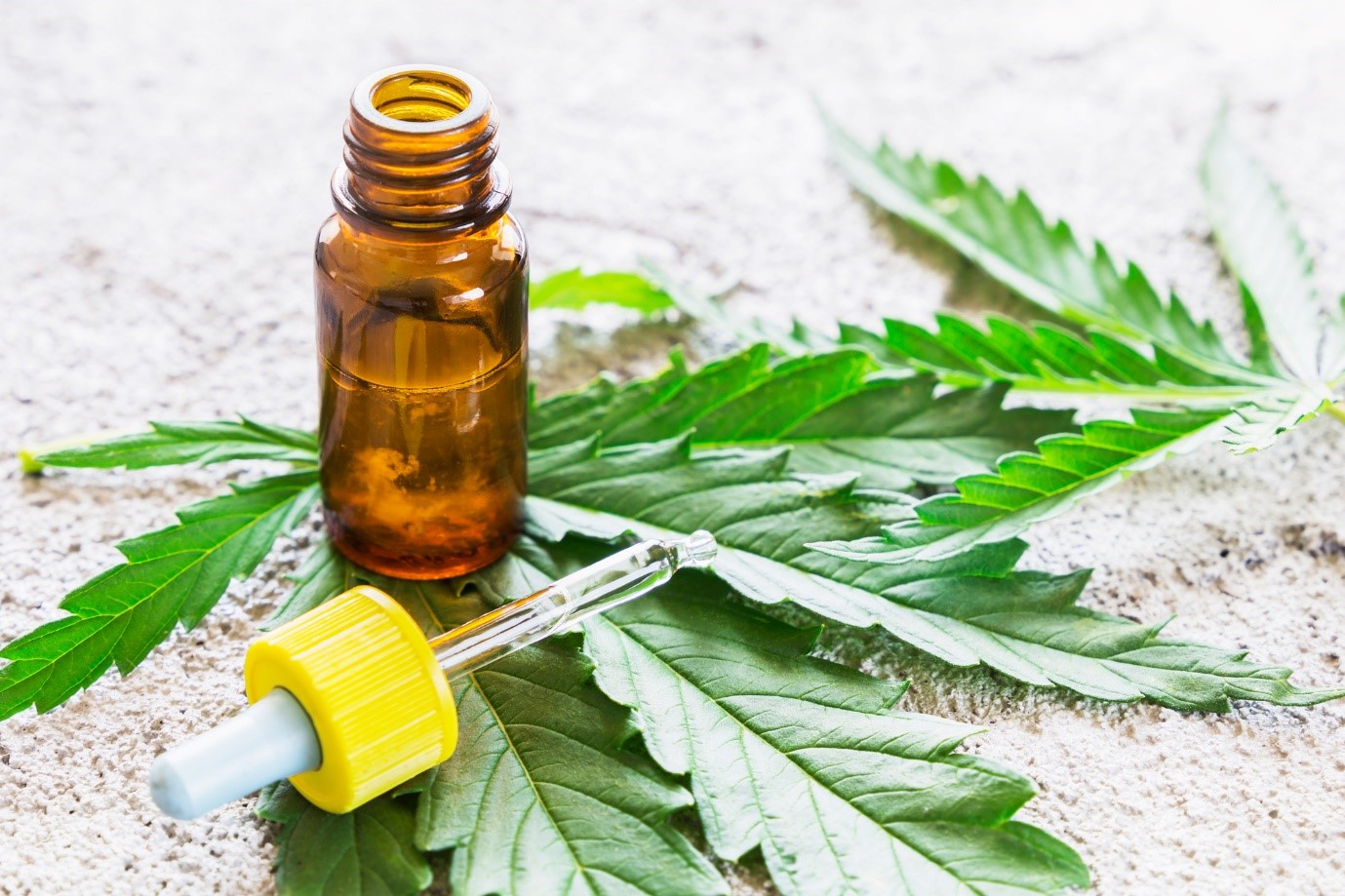CBD’s effects are being studied for anxiety, insomnia, PTSD and pain relief. However, it’s important to speak with a pharmacist before adding CBD to your diet. Some products may contain pesticides or heavy metals and could interact with other medications.
Research suggests that CBD can help relieve chronic neuropathic pain. However, more clinical studies are needed to understand the risks and ideal dosages.
Anti-anxiety
CBD has been shown to be an effective anti-anxiety treatment. In a study, participants with social anxiety disorder who took CBD experienced less anxiety than those who took a placebo. Moreover, CBD has been found to reduce anxiety levels in general.
It can be difficult to find the right dosage of CBD for anxiety, but it is important to start low and work your way up. It is also essential to consider your sensitivity to CBD. In addition, it is recommended to speak with your psychiatrist before deciding on a dosage for your condition.
One option for treating anxiety is a CBD drop made with CBD isolate. This allows you to control the dosage and measure the effects of CBD without the added terpenes and other cannabinoids.
Anti-inflammatory
CBD has anti-inflammatory properties and is used to treat a variety of conditions including rheumatism, arthritis and pancreatic problems. It is also known to soothe skin irritated by allergens. CBD is also a powerful antioxidant and can help fight free radical damage.
Studies have shown that CBD is able to inhibit the production of inflammatory molecules, such as leukotrienes and prostaglandins, in human innate immune cells. It acts as a potent lipid mediator class-switching agent, shifting the formation of pro-inflammatory compounds to inflammation-resolving specialised pro-resolving mediators (SPMs).
The SPMs produced by CBD reduce oxidative stress in both animal and human models. It prevents the accumulation of superoxides in mitochondria and protects against reperfusion injury. It also reduces oxidative toxicity in the renal nephropathy model and decreases oxidant levels in human coronary endothelial cells.
Anti-seizure
Seizures are a common condition for those with epilepsy. They can seriously impede a person’s quality of life and are difficult to control with anti-seizure medications alone. Fortunately, CBD can help reduce the frequency of seizures in people with treatment-resistant epilepsy.
CBD interacts with receptors in the body’s endocannabinoid system, which influences a number of different bodily functions and systems. This includes the brain, immune system, appetite, pain, and sleep.
Moreover, CBD binds with TRPV1 channels that regulate Ca2+ peaks in neurons and reduce neuronal excitability. This may be one of the reasons for its anti-seizure effects. However, it is important to note that CBD will not prevent seizures if a patient has other health issues. This is why it is important to consult a medical professional before starting any CBD supplements.
Pain relief
CBD interacts with serotonin receptors and may reduce pain perception, according to research. It also interacts with vanilloid receptors, which can reduce pain and regulate inflammation. It can be used as a supplement for chronic pain, such as from arthritis or fibromyalgia. It can help reduce pain and stiffness and improve mobility. It can also reduce the need for opioids and other pain medications.
However, it’s important to note that CBD is not a cure for chronic pain. It’s best used as a part of a comprehensive treatment plan that includes exercise, physical therapy, a healthy diet, and other treatments recommended by your doctor.
Before taking CBD, talk to your doctor about any possible interactions with other medications you’re taking, including benzodiazepine sedatives (like Klonopin and Ativan), antidepressants, and rifampin-based drugs for tuberculosis.
Sleep aid
Getting a good night’s sleep is essential for your health. CBD is one of the many ingredients that can help you get a better night’s sleep. It has a relaxing effect on the mind and body, which can reduce anxiety and promote a deeper sleep.
It can also prevent insomnia and reduce the frequency of nighttime awakenings. It may be helpful in reducing the symptoms of obstructive sleep apnea, but it’s important to consult a doctor before using CBD to treat this condition.
CBD can be taken in a variety of forms, including capsules, oil tinctures, and gummies. The oil tincture form is absorbed into the bloodstream more quickly and might be a better option for people with insomnia who need to fall asleep quickly.cbd tropfen

